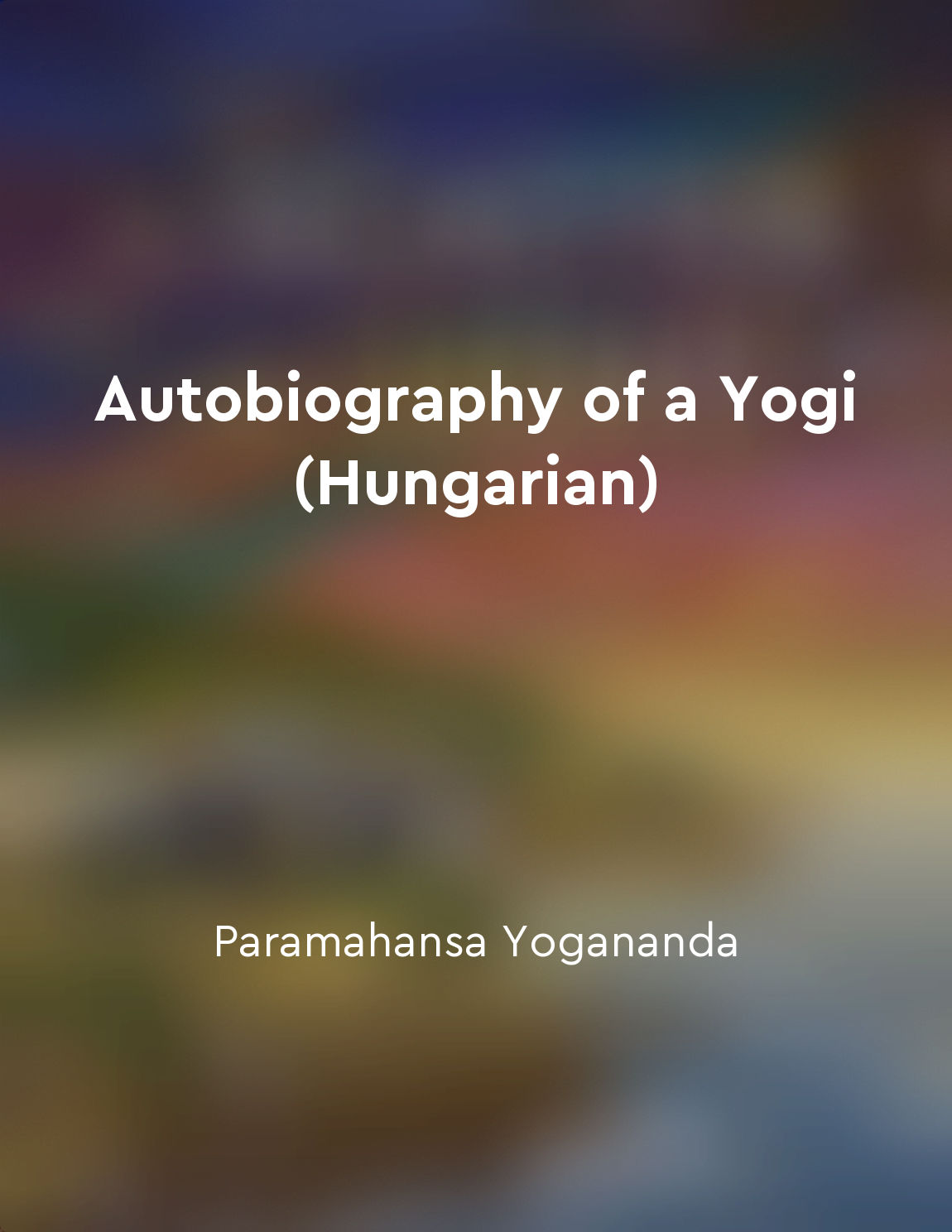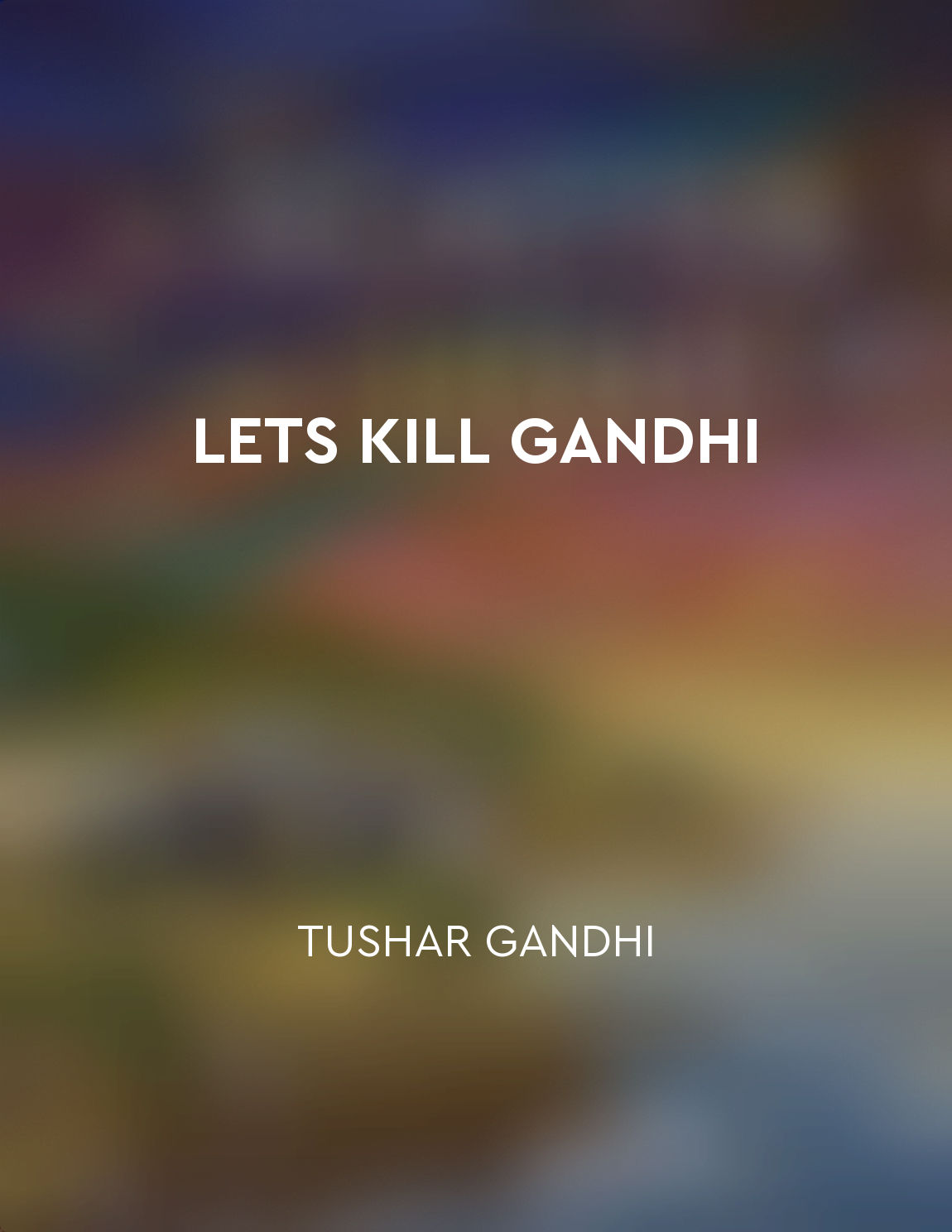The political motivations behind the assassination remain murky from "summary" of LETS KILL GANDHI by TUSHAR GANDHI
The assassination of Mahatma Gandhi has been the subject of much speculation and debate over the years. Many have tried to uncover the true motivations behind the killing, but the truth remains elusive. In "LET'S KILL GANDHI", Tushar Gandhi delves into the murky world of politics and conspiracy surrounding his great-grandfather's death. Throughout the book, Tushar Gandhi explores the various political forces at play during that tumultuous time in Indian history. He highlights the deep divisions within the Indian National Congress, the rise of extremist ideologies, and the power struggles that ultimately led to the tragic assassination of Mahatma Gandhi. The author paints a complex picture of the political landscape, showing how different factions had their own reasons for wanting Gandhi out of the way. One of the key points that Tushar Gandhi raises is the role of the Hindu nationalist movement in the assassination. He delves into the ideology of groups like the Rashtriya Swayamsevak Sangh (RSS) and their vehement opposition to Gandhi's vision of a secular and inclusive India. The author suggests that these groups may have had a hand in plotting Gandhi's murder as a way to further their own political agenda. Furthermore, Tushar Gandhi explores the personal motivations of the assassin, Nathuram Godse. He delves into Godse's background, his ideological beliefs, and his connections to various political groups. The author suggests that Godse may have been a pawn in a larger political game, manipulated by forces beyond his control.- "LET'S KILL GANDHI" sheds light on the complex web of political motivations that surrounded Mahatma Gandhi's assassination. Tushar Gandhi's meticulous research and analysis provide a compelling narrative that challenges conventional wisdom and invites readers to question the official story. The author's exploration of the murky political landscape of the time offers a fresh perspective on a historical event that continues to haunt India to this day.
Similar Posts

Messages on finding inner peace
The path to inner peace is a journey that involves seeking and finding harmony within oneself. It requires introspection, self-...
He established a strong naval force to secure his kingdom
Shivaji knew that in order to protect his kingdom from external threats, he needed to establish a formidable naval force. He un...
His passion for science and technology shaped his destiny
Abdul Kalam's journey was not just a random sequence of events; it was a carefully crafted path designed by his unwavering pass...
War and annexation
The East India Company's rise to power in India was marked by a relentless pursuit of territorial expansion through a combinati...

Tushar Gandhi's quest for closure is a personal journey
Tushar Gandhi's journey towards closure is deeply personal. It is a quest that is driven by his desire to make sense of the tra...

The legacy of Gandhi's death continues to resonate today
The impact of Gandhi's assassination still lingers in the air, casting a long shadow over the present. The ripple effect of tha...

